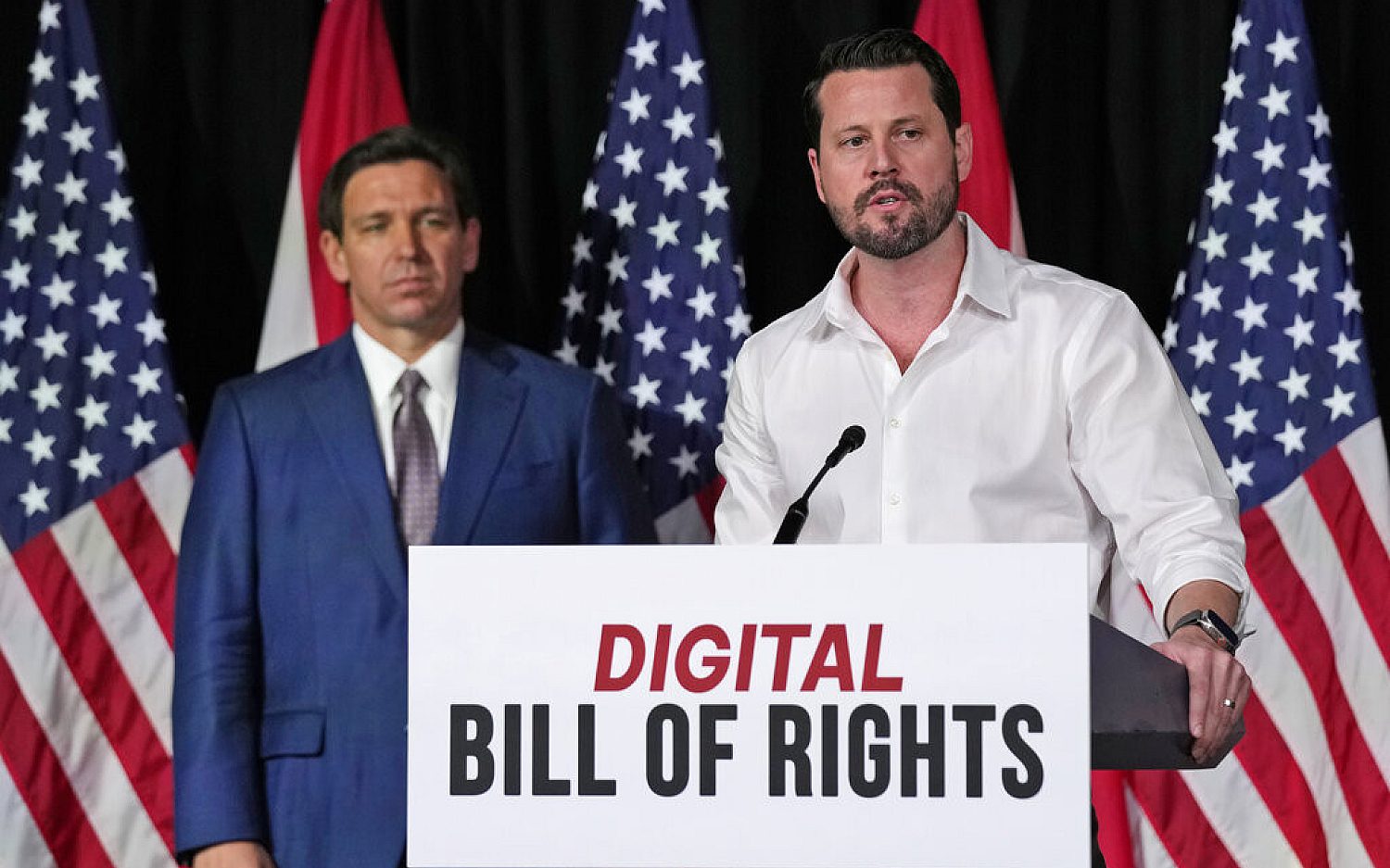America's role
President Obama addresses the escalating situation in the Middle East
WASHINGTON-President Barack Obama in a major speech at the State Department Thursday laid out the U.S. response to the "Arab Spring," the popular uprisings from Libya to Syria to Egypt. He compared the young fruit vendor in Tunisia who set himself on fire, setting off the protests across the region, to Rosa Parks, who fought for civil rights in the United States by sitting in the white section of a bus. He hailed the power of social networks to bring political change.
"It will be years before this story reaches its end," the president said. "The question before us is what role America will play as this story unfolds."
The magnitude of the situation the United States is trying to address became apparent in the list of countries Obama discussed: Israel, Iran, Iraq, Bahrain, Yemen, Egypt, Libya, Syria, and Tunisia. The president's words were directed at Americans first, not the Arab world like his 2009 Cairo speech.
"We have a stake not just in the stability of nations but in the self-determination of individuals," he said. "We have a chance to show that America values the dignity of the street vendor in Tunisia more than the raw power of the dictator."
On Wednesday, the Obama administration imposed sanctions against Syria's President Bashar Assad, citing the continued killing of peaceful protestors. The sanctions froze Assad's U.S. assets and made U.S. business transactions with him illegal.
"The Syrian regime has chosen the path of murder and the mass arrests of its citizens," Obama said. But he stopped short of calling for Assad's resignation. "President Assad now has a choice: He can lead that transition or get out of the way."
Obama announced that the United States would begin a kind of Marshall Plan for Middle Eastern countries transitioning toward democracy. He'll forgive $1 billion in loans to Egypt and offer another $1 billion in loan guarantees, or direct aid, to Egypt. The president directed Congress to begin working on a seed fund for enterprises in Egypt and Tunisia, while a U.S. government development arm, the Overseas Private Investment Corporation, will set up a $2 billion private investment program for the entire region.
"Politics alone has not put protesters into the streets," Obama said. "The tipping point for so many people is the more constant concern of putting food on the table and providing for a family." A senior administration official in a background briefing before the speech explained that the administration believes that the uprisings are "rooted in a lack of opportunity," not just "political rights being restricted."
Secretary of State Hillary Clinton acknowledged earlier this spring that the administration hasn't given enough attention to religious minorities in the region-in his speech the president brought up protections for those minorities, saying that "Coptic Christians must have the right to worship freely in Cairo, just as Shia must never have their mosques destroyed in Bahrain." Coptic Christians, a minority in Egypt, have come under repeated attacks from Muslims both before and increasingly after Egyptian President Hosni Mubarak stepped down. The U.S. Commission on International Religious Freedom just named Egypt a "country of particular concern," a designation reserved for the worst offenders of religious freedom.
The president also addressed the Israel and Palestine issue, a touchy subject that is even touchier because Israeli Prime Minister Benjamin Netanyahu will be in Washington to meet with Obama on Friday. Obama called on Israel and Palestine to recognize the 1967 borders, with mutually agreed swaps, and the creation of a sovereign Palestinian state. But he noted that Palestinians had "walked away from talks."
Overall, the president placed the United States firmly on the side of protestors, but proposed economic aid instead of forceful invention on their behalf.
"I would not be standing here today unless past generations turned to the moral force of non-violence as a way to perfect our union," he said. "We cannot hesitate to stand squarely on the side of those who are reaching for their rights, knowing that their success will bring about a world that is more peaceful, more stable, and more just."
An actual newsletter worth subscribing to instead of just a collection of links. —Adam
Sign up to receive The Sift email newsletter each weekday morning for the latest headlines from WORLD’s breaking news team.





Please wait while we load the latest comments...
Comments
Please register, subscribe, or log in to comment on this article.